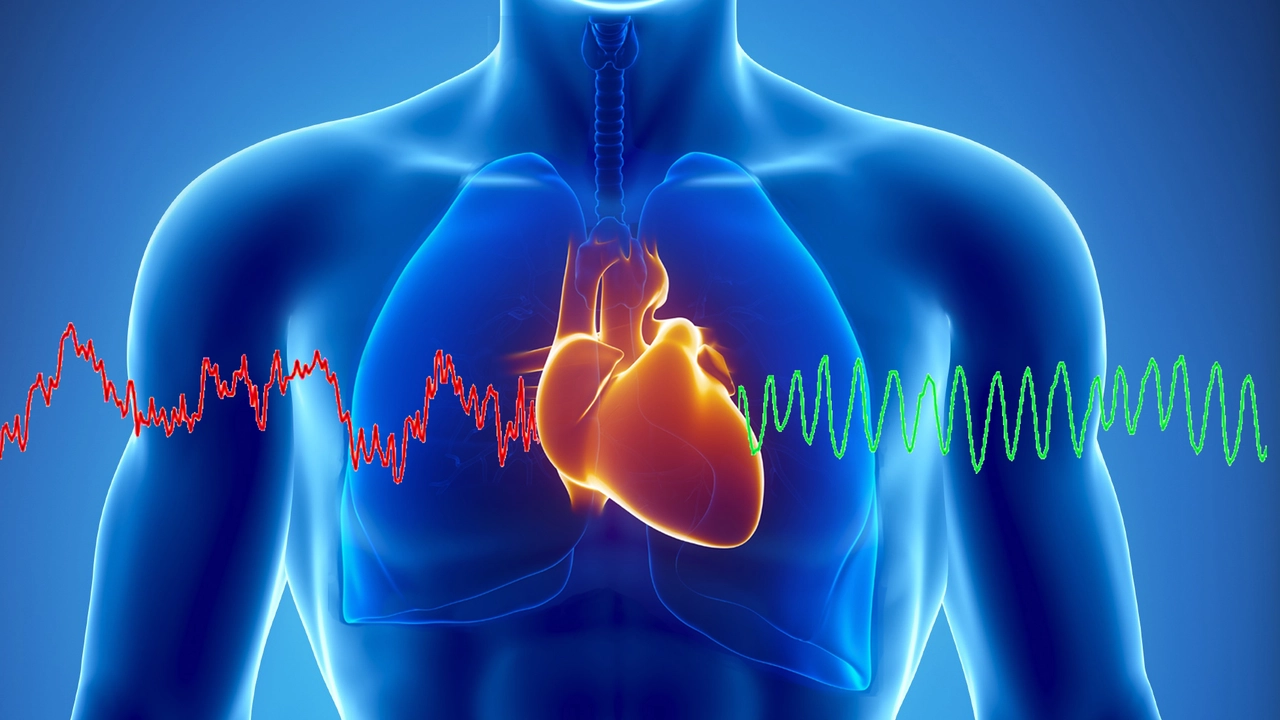STIs are common, treatable, and rarely obvious. Learn the truth about myths, why stigma harms health, and how safer sex practices protect you and your partners-without shame or judgment.
Health and Wellness: Can a Chest Strike Really Stop Your Heart?
Ever wondered if a hard hit to the chest could actually halt your heart? It’s a question that pops up in movies, sports talks, and even casual conversations. The short answer is: yes, a strong enough impact can disrupt the heart’s rhythm, but it’s rarer than you think. Let’s break down why, what the body does in those moments, and how you can protect yourself.
What happens inside the chest during a hard blow?
When something hits the chest, the force travels through the ribcage and reaches the heart and lungs. The heart sits slightly left of center, tucked behind the sternum. A sudden, heavy impact can compress the heart or the vessels that supply it, potentially causing a temporary pause in its pumping action. This is known as “commotio cordis,” a term doctors use for a sudden, blunt trauma that leads to an abnormal heart rhythm.
Commotio cordis isn’t just myth; it’s documented in sports like baseball, hockey, and martial arts. The key factor is timing. If the blow lands during a vulnerable part of the heart’s electrical cycle—specifically the 10-30 millisecond window of the T-wave—it can trigger ventricular fibrillation, a chaotic rhythm that stops effective blood flow.
How likely is a chest strike to cause heart stoppage?
In everyday life, the odds are low. Most chest impacts are absorbed by the ribs and muscles, and the heart’s electrical system is pretty resilient. It takes a very precise combination of force, location, and timing to cause a true cardiac arrest from a blow.
That said, athletes in high‑impact sports should stay aware. Wearing proper protective gear, like chest protectors in lacrosse or padding in hockey, reduces the risk. Even in contact sports like football, coaches stress proper technique to avoid exposing the chest directly to force.
If you ever feel a strange flutter, dizziness, or chest pain after a hit, treat it seriously. Get checked out right away. Most heart disruptions from blunt trauma show up as fainting or abnormal rhythms, which can be caught early with an ECG.
So, what can you do to keep your heart safe?
- Use sport‑specific protective equipment.
- Learn and practice proper tackling or striking techniques.
- Stay in good cardiovascular shape—strong hearts handle stress better.
- Know the signs of cardiac trouble: sudden loss of consciousness, palpitations, or chest discomfort.
Remember, understanding how your body reacts to impact is a big step toward staying healthy. The next time you watch a game or head to the gym, you’ll have a clearer picture of what a chest strike can really do—and how to keep your heart beating strong.
Can a strike to the chest stop the heart?
Hi guys, in today's post we're addressing a topic that has been on my mind for a while - can a strike to the chest actually stop the heart? We'll dig into the science behind the heart's functionality, explore what kind of impact could possibly disrupt it, and discuss ways to ensure heart health even in physically demanding situations. Remember, understanding our bodies is a key step towards keeping them safe. Stick around for an enlightening discussion!

